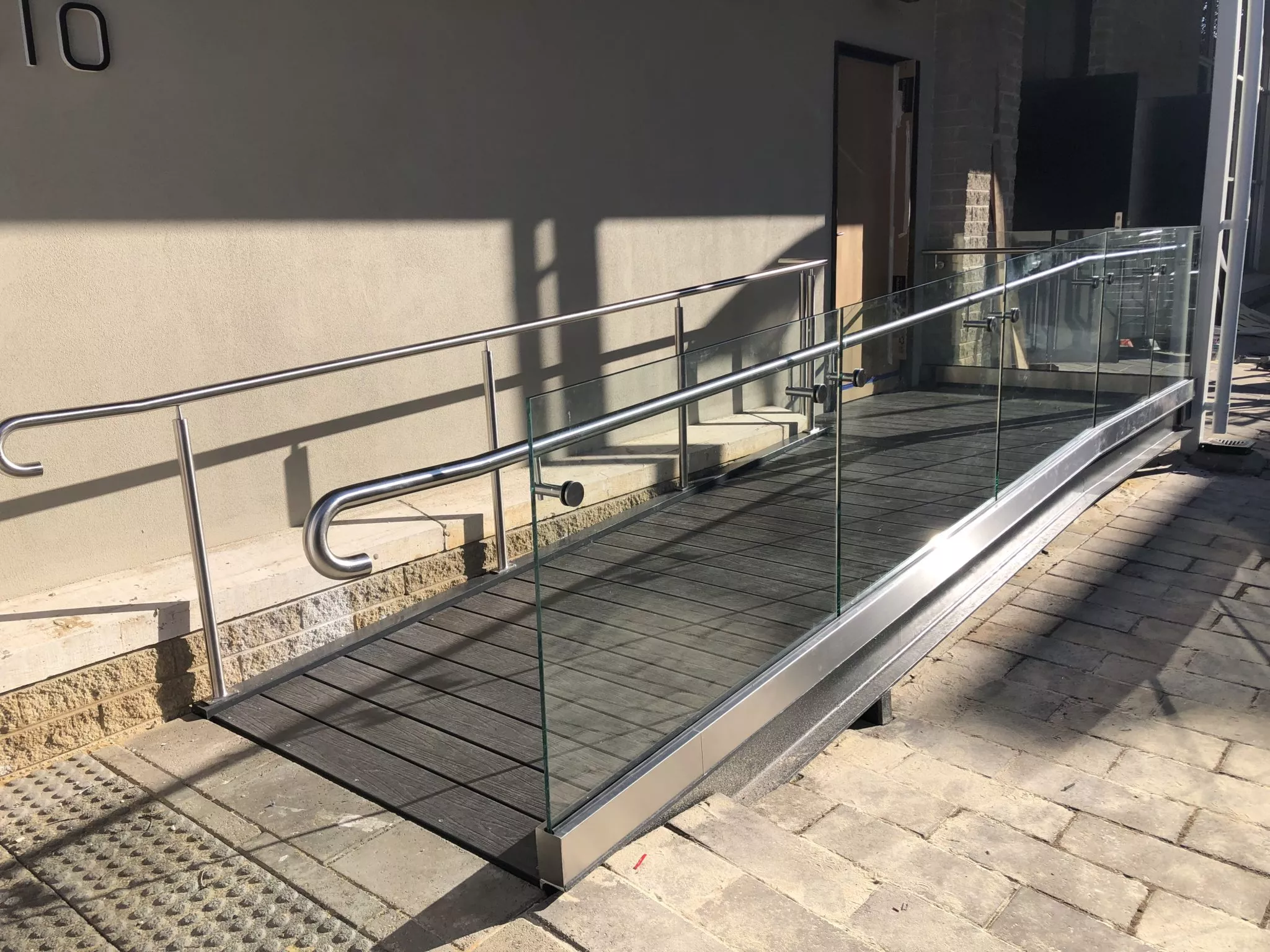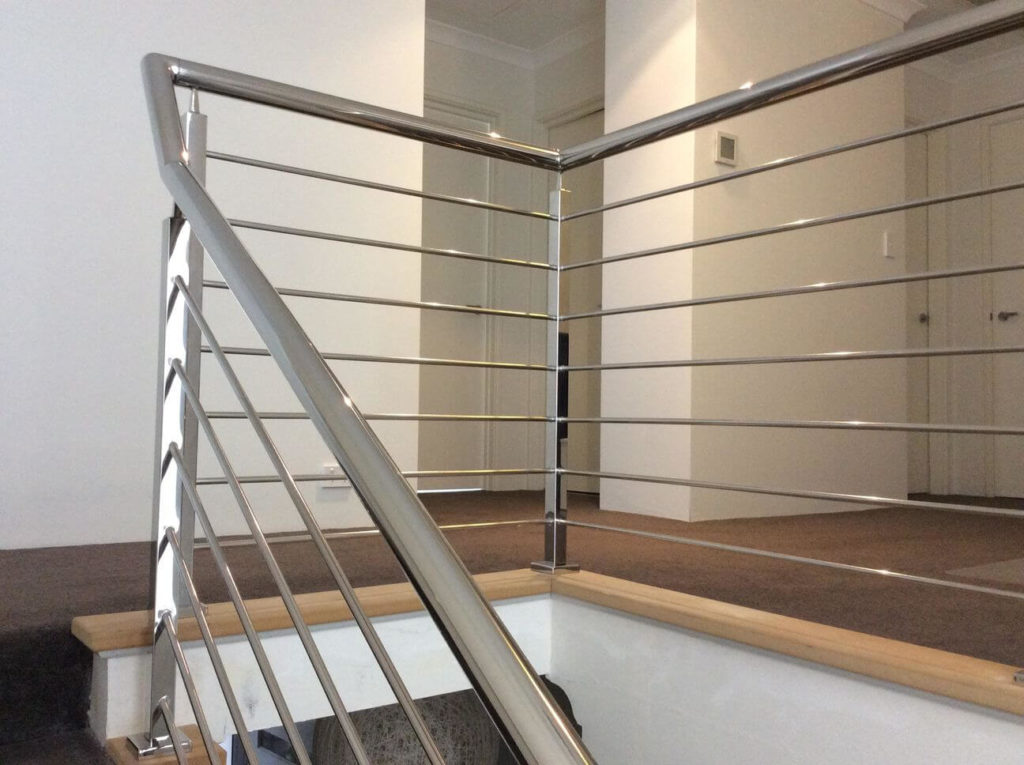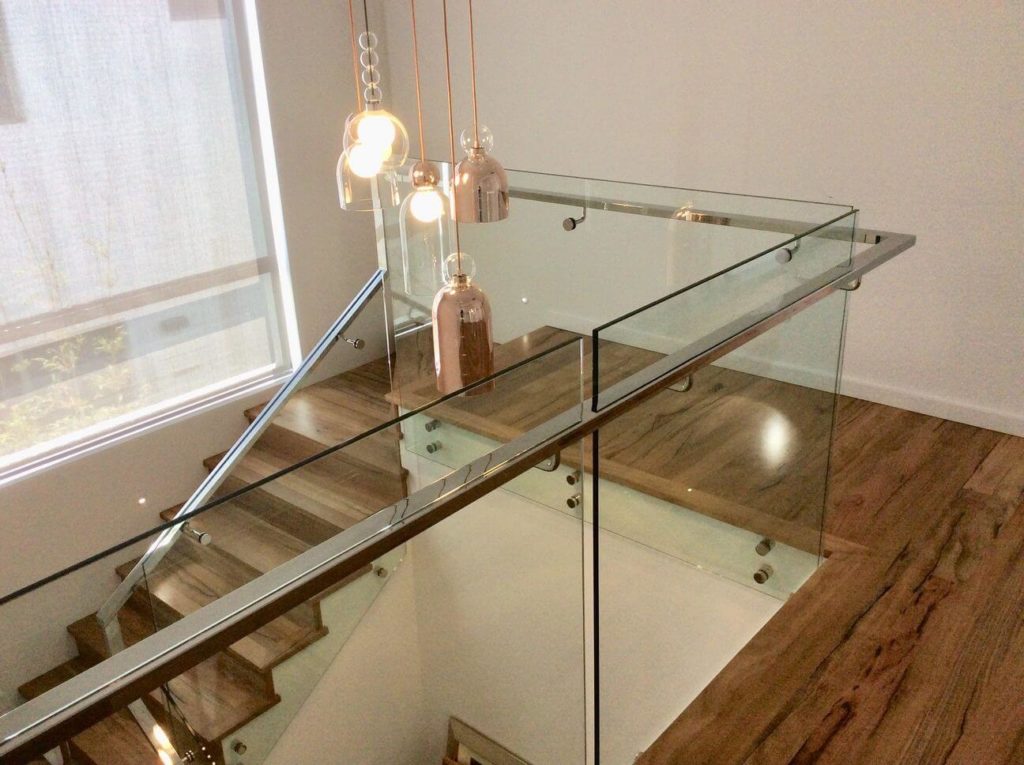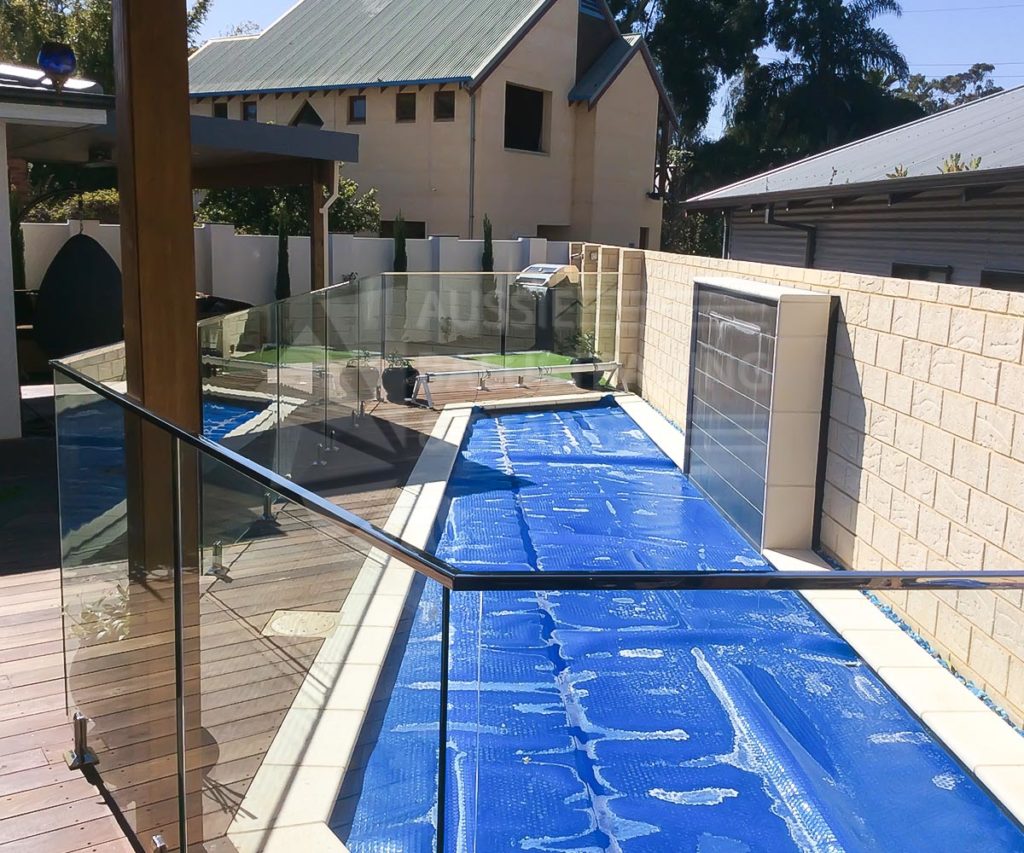Perth is known for its gorgeous views and stunning coastline. Naturally, glass balustrades are a perfect option; they are unobtrusive and sleek, giving you the chance to enjoy the vista before you fully. However, glass balustrades can be a safety hazard. It is not unheard-of for glass fences to suddenly crack, or for it to give under pressure.
The Building Code of Australia or BCA requires a fall arrest preventing injuries in case a glass panel breaks off of your fence. This mechanism is usually a handrail paired with a frameless panel made from reinforced glass. These panels have holes drilled in, and the holes would hold the handrail system.
Combining form and function, BCA balustrades laminate two planes of glass to toughen the panel. This structure is fortified by a specialised interlayer that uses SentryGlas® Plus, or SGP. Typically, interlayers use polyvinyl butyral or PVB, which is softer and does not produce an ideal level of structural integrity.
What makes SGP more durable?
SentryGlas® is explicitly used for glazing and for areas that have high-pressure loads. SGP lends more durability to your fence, to the point of holding the panel together if the glass itself fails. If you compare its performance to PVB laminate, you would see a drastic difference.
The reinforcement for these glass planes can be done in various ways. You could have stirrups or spigots, which look like clamps holding the glass in place. There are also channel-fixed railings, which attaches the glass to a floor-mounted base. There are also bolted anchor or planar barriers, which consist of metal bolts holding the glass sheet in place.
When you exert 330 kilograms of pressure on PVB-reinforced glass, it will take just 400 seconds for more than 250 millimetres of central displacement to occur. On the other hand, SGP glass could withstand the same amount of pressure for more than 1,800 seconds, and the central displacement wouldn’t exceed 100 millimetres.
Can you use this material in all sorts of builds?
Domestic applications of glass balustrades only need two sheets of toughened glass. Manufacturers only need to apply a 1.52-millimetre interlayer of SGP for homes. For commercial areas like shopping centres, airports, and restaurants, though, some modifications are necessary. There are various loads to account for in these facilities, which would need different thicknesses of glass. Besides, wind loads, panel heights, and locations have an impact on the glass’ strength.
Furthermore, although they provide incredible support, fall arrests made from laminated glass only is not BCA-compliant. To adhere to the standards, you would need the services of a qualified structural engineer. He must undertake a safety analysis, a deflection test, and issue the necessary certification. They must give this certification before any glass installation. Qualified engineers can collaborate with custom staircase manufacturers to ensure that projects are compliant.
Conclusion
Customised glass fixing systems can still be BCA-compliant. A skilled custom builder can use various methods like channel fixing, bolted anchor, and spigot fixing, ensuring that glass railings do not become a safety liability. With their durability against pressure and displacement, glass balustrades with SGP interlayers are a viable solution for combining stability with cutting-edge design.
If you need a custom staircase manufacturer for your home in Perth, hire Aussie Balustrading & Stairs. Our premium, fully frameless glass balustrading can give your home a modern, stylish flair while ensuring safety and sturdiness. Browse our other glass fencing options, or get in touch with us today to learn more!




